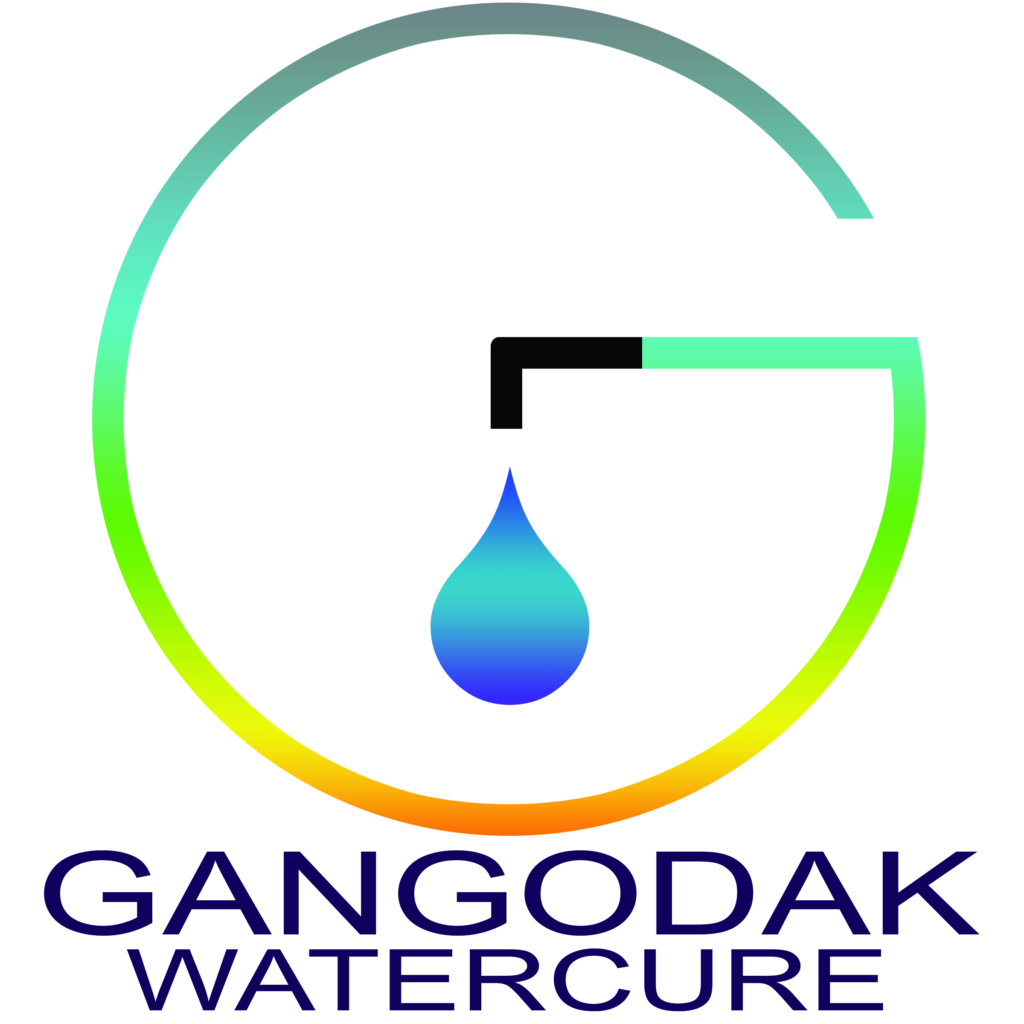- Introduction:
Cancer treatment is a complex and evolving field, prompting individuals to explore complementary approaches to enhance their well-being. One such avenue gaining attention is the potential use of alkaline ionized water in conjunction with conventional cancer therapies. While this topic is subject to ongoing research, let’s delve into the current discourse and explore how alkaline ionized water might play a role in supporting cancer patients.
- Understanding the Alkaline Advantage:pH Levels and Cancer Cells:
The fundamental premise behind utilizing alkaline ionized water in cancer treatment is rooted in its ability to influence the body’s pH levels. Cancer cells are known to thrive in acidic environments, and proponents argue that maintaining a more alkaline pH might create an unfavorable environment for cancer cell growth.
- Antioxidant Properties:
Alkaline ionized water often exhibits antioxidant properties due to the molecular hydrogen it contains. Antioxidants play a crucial role in neutralizing free radicals, which are implicated in cellular damage and the progression of various diseases, including cancer.
- Enhanced Cellular Hydration:
Cancer patients undergoing treatments like chemotherapy often experience dehydration. The micro-clustered structure of water molecules in alkaline ionized water is believed by some to facilitate better cellular hydration, potentially aiding in alleviating treatment-related side effects.
- Navigating the Controversy:
- Scientific Debate:
While some studies suggest potential benefits, the scientific community remains divided on the efficacy of alkaline ionized water as a standalone cancer treatment. It is crucial to emphasize that there is currently no conclusive scientific evidence supporting the use of alkaline ionized water as a primary cancer therapy.
- Complementary Approach:
Advocates for alkaline ionized water often view it as a complementary approach, not a replacement for conventional cancer treatments. Cancer patients should always consult with their healthcare providers before incorporating any alternative therapies into their treatment plan.
- Personalized Treatment Plans:
Every cancer case is unique, and what works for one individual may not be suitable for another. The decision to explore alkaline ionized water or any complementary therapy should be made in consultation with healthcare professionals who can consider the specific nuances of each patient’s condition.
- Conclusion:
The potential role of alkaline ionized water in cancer treatment remains a topic of ongoing investigation and debate. While some individuals report positive experiences, it is crucial to approach such claims with a critical mindset and seek guidance from healthcare professionals. The journey through cancer treatment is highly individual, and decisions regarding complementary therapies should be made within the context of a comprehensive and personalized treatment plan. Ultimately, the collaboration between patients, healthcare providers, and ongoing research will contribute to a more nuanced understanding of the potential benefits and limitations of alkaline ionized water in the context of cancer care.



Leave A Comment